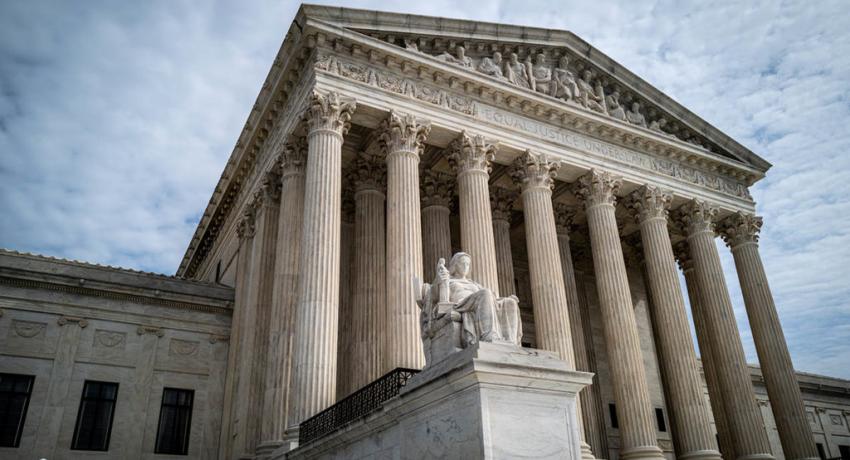On June 30, the U.S. Supreme Court ruled that federal regulators, namely the Environmental Protection Agency (EPA), exceeded its authority in seeking to limit emissions from power plants. The decision reduces the authority of the federal government's executive branch to make policy on a broad range of issues and shifts that power to Congress. The Supreme Court ruled 6-3 in a decision written by Chief Justice John Roberts that the EPA went too far when it devised the Clean Power Plan. That plan, enacted during the Obama administration, effectively set a goal for each state to limit carbon emissions, while letting those states determine how to meet those goals. The court said that when federal agencies issue regulations to address climate change, the regulations are presumptively invalid unless Congress has specifically approved the action.
National Rural Electric Cooperative Association CEO Jim Matheson issued the following statement regarding the Supreme Court’s ruling in West Virginia v. EPA:
“This Supreme Court ruling clearly acknowledges that EPA overstepped its regulatory authority in the Clean Power Plan. The court’s decision resets the agency to its appropriate regulatory path, requiring it to set achievable emissions guidelines that can be accomplished at existing power plants while also allowing states to consider local factors and have the final say on compliance options. The energy decisions we make today will determine whether there are sufficient resources for the lights to come on tomorrow. Electric co-ops are investing in a diverse energy mix to keep the lights on reliably and affordably for American families and businesses. As our nation depends on electricity to power more of the economy, policymakers must recognize the need for time, technology development and the importance of always available energy sources to maintain reliability and affordability. That is particularly true in light of recent warnings that dozens of states may struggle with rolling blackouts this summer due to policies that promote the disorderly retirement of existing generation resources.”






